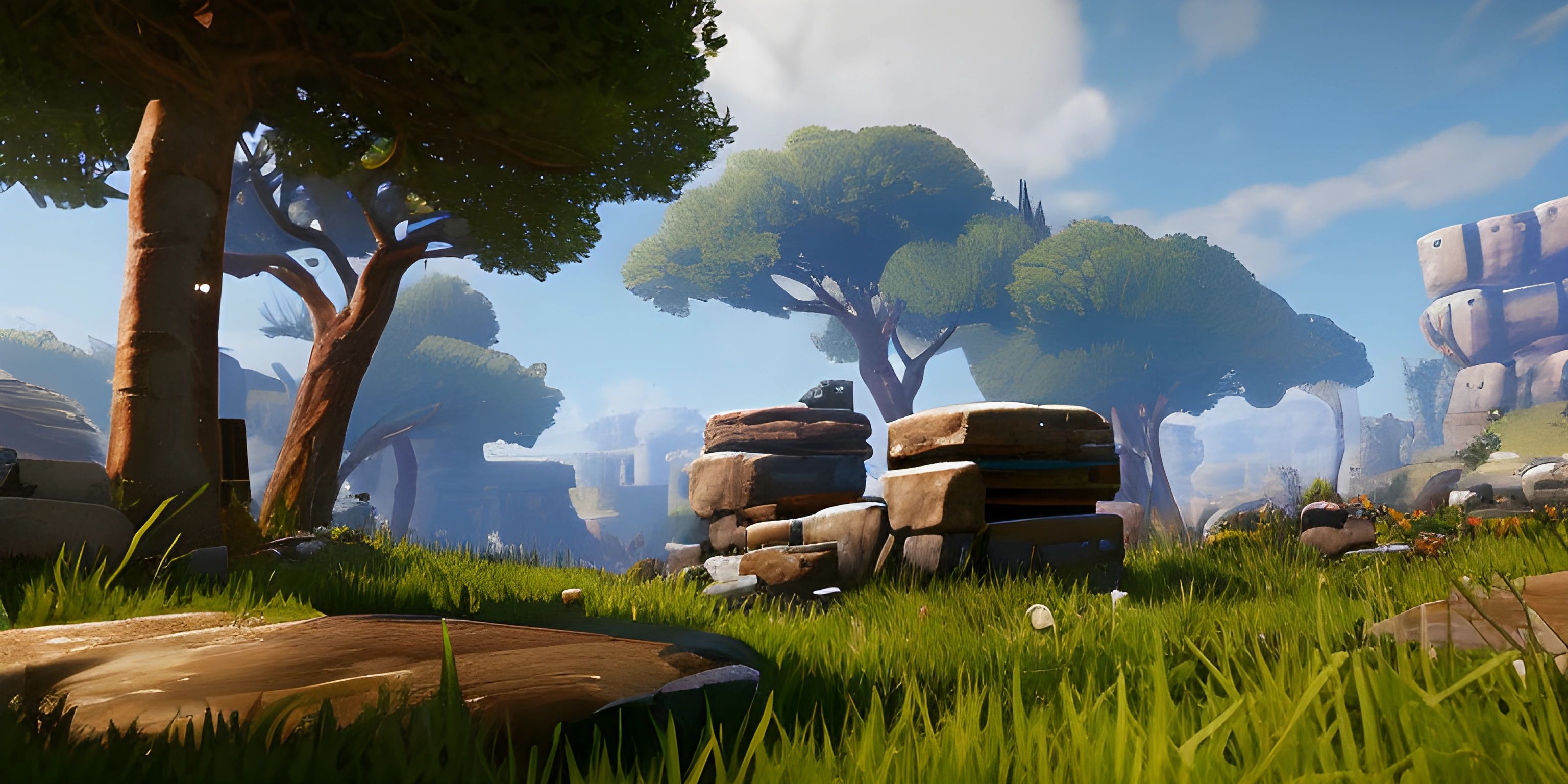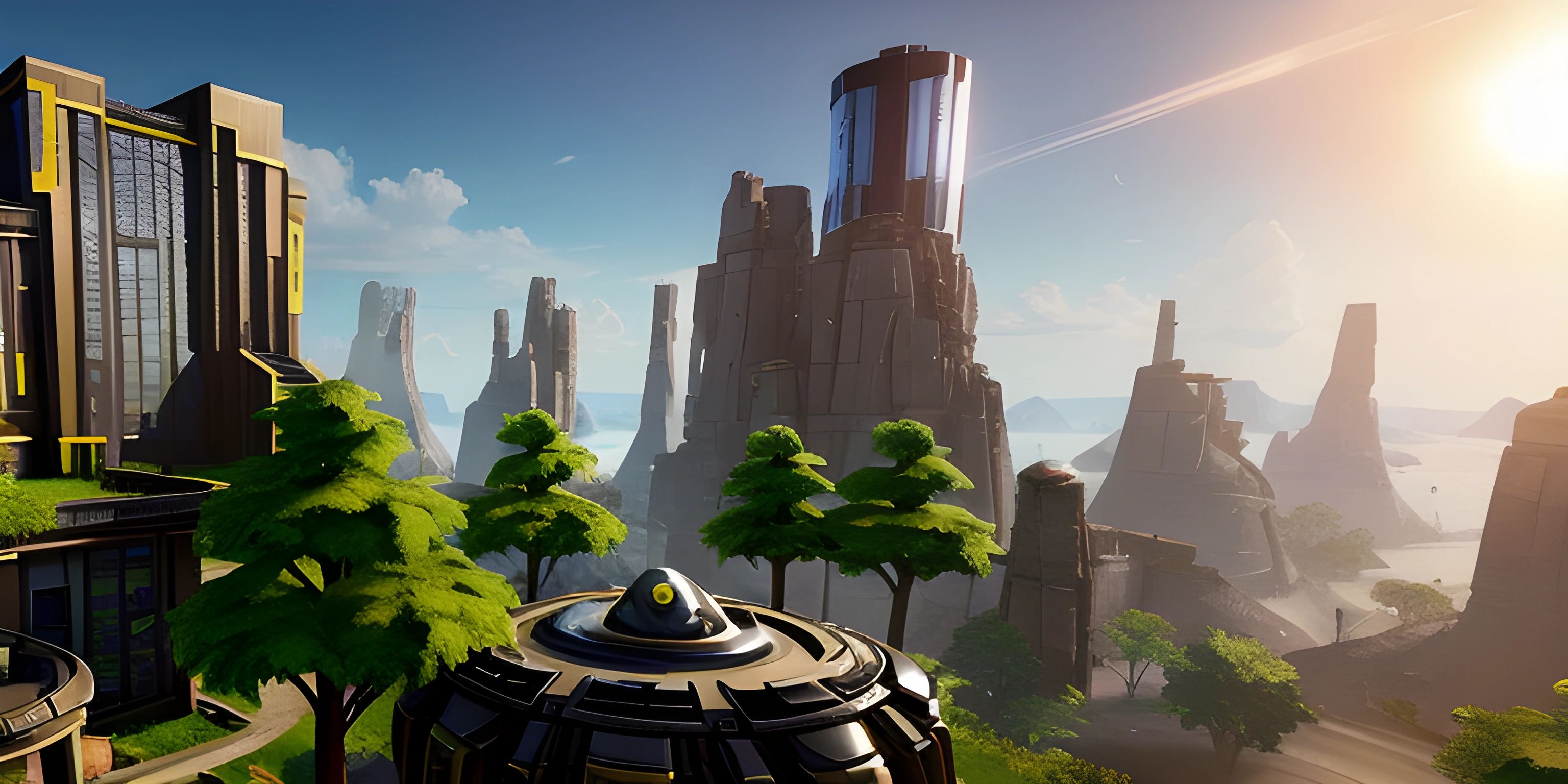Exploring Different Game Engines and Their Benefits

Note: this page has been created with the use of AI. Please take caution, and note that the content of this page does not necessarily reflect the opinion of Cratecode.
Ever dreamed of creating your own virtual universe where the only limit is your imagination? Welcome to the world of game development! But wait—before you dive headfirst into pixels and polygons, you'll need the right tools. Enter game engines, the secret sauce behind every great game. What exactly are game engines, and why do they matter? Let's dive into the details, with a sprinkle of fun and a dash of technical insight!
What is a Game Engine?
A game engine is like the Swiss Army knife of game development. It provides a suite of tools and libraries that help developers create, test, and deploy games more efficiently. From rendering graphics to handling physics, game engines take care of the heavy lifting, so you can focus on what truly matters—making an awesome game!
Unity
Ah, Unity. The darling of indie developers and big studios alike. If game engines were superheroes, Unity would probably be Iron Man—versatile, powerful, and popular.
Features and Benefits
-
Cross-Platform Support
- Unity makes it easy to deploy your game on multiple platforms, from iOS and Android to PlayStation and even VR. Write once, run anywhere!
-
Asset Store
- Need a dragon for your medieval RPG? Or maybe a slick UI for your space shooter? The Unity Asset Store has you covered with thousands of ready-made assets.
-
User-Friendly Interface
- With a drag-and-drop interface and a large community, Unity is beginner-friendly, making it a great choice for those new to game development.
using UnityEngine;
public class HelloWorld : MonoBehaviour
{
void Start()
{
// Print "Hello, Unity!" to the console
Debug.Log("Hello, Unity!");
}
}Unreal Engine
Next up is Unreal Engine, the Hulk of game engines. It's big, it's powerful, and it can smash through complex tasks with ease. Created by Epic Games, Unreal Engine is known for its stunning graphics and robust capabilities.
Features and Benefits
-
High-Quality Graphics
- Unreal Engine is famous for its photorealistic graphics. If you want your game to look like a Hollywood blockbuster, this is the engine for you.
-
Blueprints Visual Scripting
- Not a fan of coding? Unreal Engine's Blueprints Visual Scripting system allows you to create game logic without writing a single line of code.
-
Free to Use
- Unreal Engine is free until your game makes over $1 million in revenue. After that, Epic takes a small cut. It's a great deal for indie developers!
#include "EngineMinimal.h"
class HelloWorld
{
public:
void PrintMessage()
{
// Print "Hello, Unreal!" to the console
UE_LOG(LogTemp, Warning, TEXT("Hello, Unreal!"));
}
};Godot
Godot may not be as well-known as Unity or Unreal, but it's a hidden gem in the world of game development. Think of it as the underdog that punches above its weight.
Features and Benefits
-
Open Source
- Godot is completely free and open-source. You can modify the engine to suit your needs and contribute to its development.
-
Node-Based Architecture
- Godot uses a unique node-based system, which makes it incredibly flexible and easy to use. You can build complex scenes by simply combining different nodes.
-
Lightweight and Fast
- Godot is lightweight and runs smoothly on older hardware, making it a great choice for developers with limited resources.
extends Node2D
func _ready():
# Print "Hello, Godot!" to the console
print("Hello, Godot!")Choosing the Right Engine
So, which game engine should you choose? It depends on your specific needs and preferences. Here are a few questions to consider:
-
What is your target platform?
- If you need cross-platform support, Unity might be your best bet.
-
How important are graphics?
- If photorealistic graphics are a top priority, Unreal Engine could be the way to go.
-
Are you on a tight budget?
- Godot's open-source nature makes it a cost-effective option for indie developers.
-
Do you prefer coding or visual scripting?
- Unreal Engine offers Blueprints for those who aren't keen on coding, while Unity and Godot are better suited for traditional coding approaches.
Hey there! Want to learn more? Cratecode is an online learning platform that lets you forge your own path. Click here to check out a lesson: Why Program? (psst, it's free!).
FAQ
What is a game engine?
A game engine is a software framework designed to facilitate game development. It provides tools and libraries for rendering graphics, processing physics, and managing assets, enabling developers to create games more efficiently.
What are the benefits of using Unity?
Unity offers cross-platform support, a vast asset store, and a user-friendly interface. It is beginner-friendly and widely used by both indie developers and large studios.
How does Unreal Engine handle coding for beginners?
Unreal Engine features Blueprints Visual Scripting, which allows users to create game logic without writing code. This makes it accessible for beginners who might find traditional coding challenging.
Why might someone choose Godot over Unity or Unreal?
Godot is open-source, lightweight, and uses a flexible node-based architecture. It's a great choice for developers on a budget or those looking for a highly customizable engine.
What should I consider when choosing a game engine?
Consider your target platform, the importance of graphics, your budget, and whether you prefer coding or visual scripting. Each engine has unique strengths, so choose the one that best fits your project's needs.





